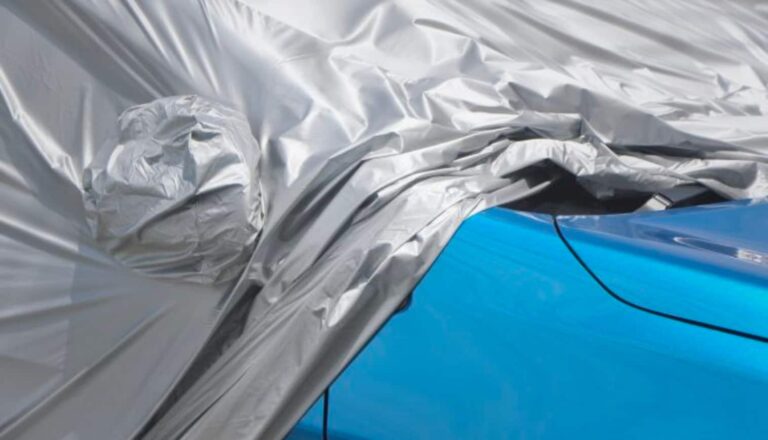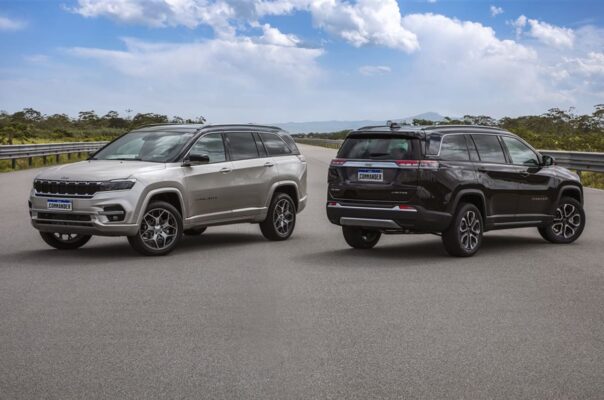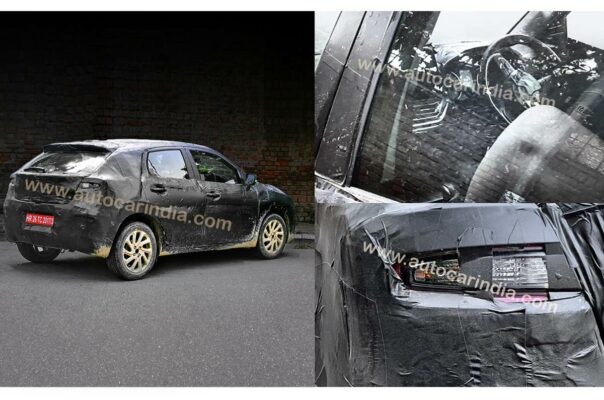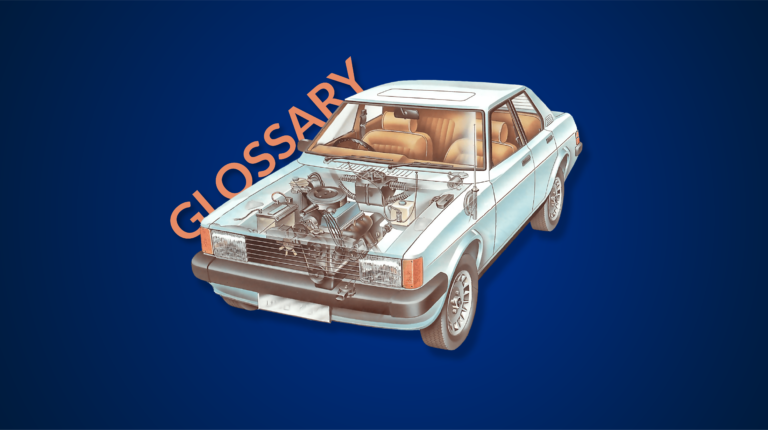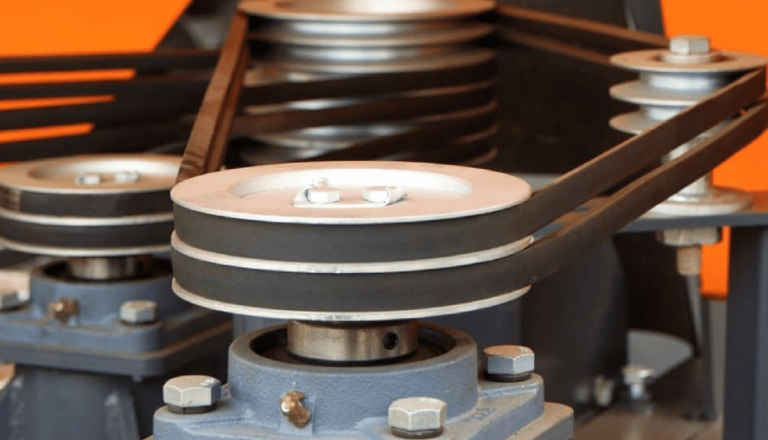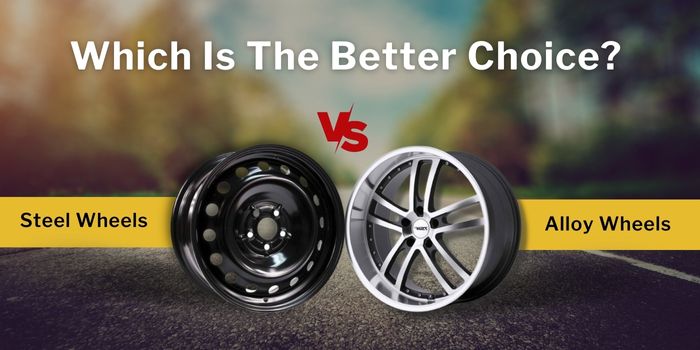
Cars today come with a host of features to improve our driving experience and help us travel in comfort and safety. But wheels are often looked at as just an accessory rather than an integral part of our ride. The choice between steel vs alloy wheels can make a big difference in terms of performance, style, maintenance and reliability. Most cars come fitted with steel rims as standard OEM equipment, with alloys reserved for the more expensive, higher-end variants. Both steel wheels vs alloy wheels have their own advantages and disadvantages. Let’s look at the difference between alloy wheels and normal wheels.
Steel Rims Vs Alloy Wheels
Both types of wheels are suitable for different driving conditions and have their pros and cons. Whether you are looking for improved aesthetics, a fresh new look or to upgrade performance, the decision between steel and alloy wheels is not a decision to be taken lightly.
Steel wheels are known for their affordability while alloys are lightweight and offer a sporty drive. The right choice depends largely on your vehicle and driving needs. Let’s answer the question: Alloy wheels vs steel wheels, which is better?
Checkout here Wheel Alignment And Balancing Explained
Alloy Wheels
The word alloy is a scientific term to denote two or more metals that are combined to have different properties than the original elements. Alloy wheels generally are a mixture of aluminum and magnesium to create a strong and lightweight rim with improved resistance to corrosion than traditional steel wheels. Alloy wheels can also be moulded into aerodynamic shapes which makes them a popular choice for car enthusiasts and performance-oriented drivers.
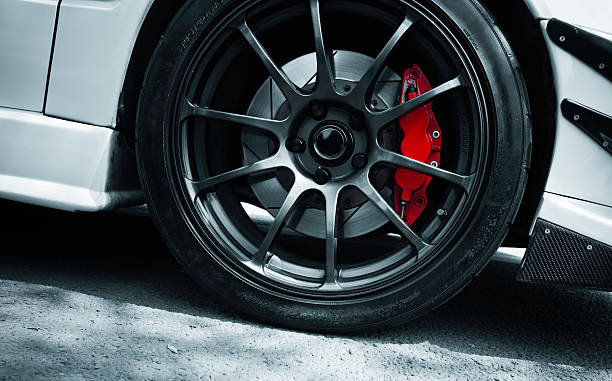
Read Here All About Wheel Bearings
Advantages of Alloy Wheels
Style– Alloy wheels have a sporty look and can be designed in a myriad of shapes to enhance aesthetics. Aluminum is malleable and advanced computer models can be used to create modern patterns and layouts.
Performance – Alloy wheels are lightweight compared to steel rims which result in better handling, more responsive steering, quicker acceleration and higher grip levels. The suspension has to work less with a light alloy wheel. Alloy wheels vs steel wheels mileage – Fuel efficiency also increases with alloy wheels due to lower weight.
Anti-rust – Aluminum and magnesium are resistant to corrosion and rust even when exposed to weather elements. Steel wheels on the other hand have to be treated by galvanizing to prevent rust from forming.
Checkout here the Main Difference Between Caster And Camber Angles
Disadvantages of Alloy Wheels
Expensive – As compared to steel wheels, alloy wheels are more expensive due to the complex manufacturing process and costly metal elements. This is why base variants of cars come with steel rims as standard.
Strength – Alloy wheels are not as strong as steel wheels as they have a tendency to crack rather than bend. A damaged alloy wheel will have to be replaced rather than a steel wheel which can be welded or reshaped.
Special care – Alloy wheels need to be maintained with polish and cleaning agents to protect them from wear and tear. Steel wheels are more durable in this sense.
Checkout Here that What Is Toe Angle: Its Impact On Car Performance & Tire Life
Steel Wheels
Steel wheels vs alloy wheels are always a dilemma due to the cost factor. Steel is made from iron which has been treated with carbon to resist corrosion and to be more durable. Steel metal wheels are coated with paint or primer to prevent rust and damage from the elements.
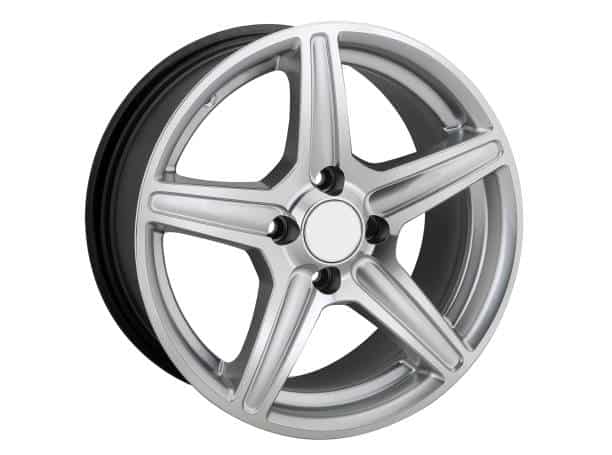
Advantages of Steel Wheels
Affordable – The cost of alloy wheels is more than double the cost of steel wheels. Most drivers opt for steel wheels as they are the cheaper option.
Durable– Steel rims vs alloy wheels are known to be more durable and resistant to cracks on impact. Repairs are easy with simple welding or remoulding.
The simple manufacturing process – Steel is easily shaped with force and heat. It can be moulded into various designs at a low cost. Alloy wheels are more complex to manufacture, therefore they cost more.
Also Read Have A Smooth Ride If You Know How Often To Fill Air In Tyre
Disadvantages of Steel Wheels
Weight – Steel vs alloy wheels weight difference is quite large. Steel is a dense metal and as a result, weighs more than alloy metal of the same mass. This extra weight reduces vehicle performance and affects driving dynamics.
Effects of corrosion – steel is susceptible to rust and corrosion despite being treated with primer and powder coating. Since wheels are often in contact with moisture and dirt, the chance of wear and tear is high.
Style – In regards to aesthetic appeal, steel wheels look plain and simple compared to alloy rims. Most luxury and sports cars do not use steel wheels as they are seen as the cheaper option.
Checkout here the Difference between Low Profile Vs Normal Vs High Profile Tyres
Conclusion
The decision of whether to choose steel rims vs alloy wheels for your car, SUV or truck boils down to your driving style, terrain covered and aesthetic preferences. Steel wheels are known for their low cost & affordability, durability, versatility, which make them a great choice for budget-oriented vehicles. On the other hand, alloy wheels offer a sporty look and new-age styling, improved handling and better fuel efficiency, making them a popular choice for performance and sports cars.
Ultimately, the best choice between sheet metal wheels vs alloy wheels will depend on your budget, driving conditions, and your personal style and preferences. Be sure to consider the pros and cons of each type of wheel, and consult with a trusted mechanic or wheel specialist to ensure that your new wheels are compatible with your ride and will provide you with the performance and safety you need on the road.
If you liked this article, check out the Carorbis blog for more informative and interesting posts on the automotive world. Have a look at When Your CV Axles Are Going Bad? also check How to Pick Up The Right Car Tyre.
Frequently Asked Questions
Q1. Are Alloys Better Than Steel Wheels?
Ans. Steel wheels are stronger and more durable than alloy wheels, which is perfect for off-roading and rough terrain. Alloy wheels are lighter making them well-suited for high-performance cars to improve handling. Alloy wheels come in varied designs with a wide range of options to improve the looks of a vehicle. However, both alloy and steel wheels can last a long time if they are maintained well. Alloy wheels are typically made of aluminium and magnesium.
Q2. Is Steel Better Than Alloy?
Ans. SUVs are usually fitted with steel wheels because they are rugged and durable. Steel wheels are also the first choice for economy cars due to their lower cost and wide availability. In terms of repairability, steel wheels are more malleable and can be fixed easily with simple tools. Alloy wheels cannot be repaired if they get damaged as they cannot be welded like steel wheels.
Q3. What Are the Disadvantages of Alloy Wheels?
Ans. The main disadvantage of alloy wheels is the higher cost than steel wheels, vulnerability to damage due to potholes and curb scrapes, difficulty in repairing and different tire requirements (they may need specific sizes and types). Alloy wheels may not be suitable for certain driving conditions such as off-road excursions and for large SUVs that are subject to rough terrain. They also require more maintenance in terms of polishing and cleaning to prevent corrosion.
Q4. What Are the Benefits of Steel Wheels?
Ans. Steel wheels are typically less expensive than alloy wheels, making them more accessible to the consumer. They are durable and resistant to damage resulting in longer life. Steel wheels can be easily welded if they break, and have a wider selection of tire types and sizes according to the driver’s preference. Steel wheels are treated with anti-corrosion and anti-rust coatings to prevent damage from the weather.
Q5. Are Steel Wheels Heavier Than Alloy?
Ans. Steel is heavier than aluminium or magnesium alloy because of the high concentration of carbon atoms. Aluminium–magnesium alloys have lower density and are lighter than steel wheels which gives them a performance advantage. Steel is 250% denser than aluminium contributing to a higher weight. Magnesium is the lightest of all the metals, weighing 75% less than steel, 50% less than titanium and 33% less than aluminium.
Q6. Can We Change Steel Wheels to Alloy Wheels?
Ans. Yes, steel wheels can be replaced with alloy wheels with the same tires. The upgrade will improve performance and add style to your vehicle. Additional benefits include a smoother ride, quicker acceleration and better braking. Some tyres may not be compatible with certain alloy wheels and you may have to replace them with tubeless type tyres. Additionally, alloy wheels are more costly than steel wheels and need to be maintained to preserve them.
Q7. How Much Does a Steel Rim Cost?
Ans. The cost of steel rims varies depending on the size, brand and quality. On average, the cost of a 12-inch steel rim will be between Rs.1000 – Rs.1500 such as OEM rims on the Maruti Alto depending on specifications and features. Steel rims are less expensive than alloy rims, making them an affordable option for consumers and the standard equipment for most car and SUV models. Alloy rims will last for longer but you will have to bear the greater cost.
Q8. How Much Does It Cost to Change Steel Wheels to Alloy Wheels?
Ans. If the cost of a steel rim is around Rs.1000, an alloy wheel with the same size specifications will cost around Rs.3000- Rs.4000. Again, if you have an SUV with larger wheel size, the cost of replacing your steel wheels with alloys will be much more than for a small hatchback. Sometimes, it is advisable to change tires to be compatible with alloy wheels (tubeless tyres are more suitable with alloys).
Q9. Do We Need to Change Tyres for Alloy Wheels?
Ans. There is no requirement to change standard tyres when alloy wheels are installed. But drivers usually opt for a wider and lower profile when they install alloys for improvements in performance and style. This is why the tyres are changed when switching over to alloy rims. Drivers can however stick to the same size as the steel rims, in which case the old tyres will be compatible with the new alloy rims.
Q10. Is It Worth Upgrade to Alloy Wheels?
Ans. Upgrading to alloy wheels can improve the appearance and performance of your vehicle and is a matter of personal preference and individual priorities. Alloys add a sporty look to a car that is found on more expensive models. Performance-wise, drivers will see improvements in handling, acceleration and driving dynamics. Due to the lower weight of alloy wheels, they will be increased fuel efficiency and better ride quality. However, alloy wheels are generally more expensive than steel rims and will require maintenance.
Q11. Should I Upgrade to Alloy Wheels?
Ans. Before you consider switching over to alloy wheels, take into account the higher cost of these components. Factor in the extra maintenance such as polishing, cleaning and protection from rust, road salt and chemicals which can damage alloy wheels. Usually, alloy wheels will be wider than regular steel rims which will require you to change standard tyres to low-profile, wider sets of rubber.
Q12. Can You Put Old Tyres on New Alloys?
Ans. Yes, you can install old tyres on new alloys, however, ensure that the tyres have enough tread left and that they are still in good condition. This is important for adequate grip and safety on the road. Also, guarantee that the old tyre size is compatible with the new alloys as incorrect specifications can lead to handling difficulties and lower performance.
Q13. Can I Put Bigger Alloys on My Car?
Ans. Yes, it is possible to put bigger alloys as long as they are compatible with your vehicle and will not impact performance, handling, suspension or driving dynamics. This can be quite tricky because it is difficult to predict how the vehicle will behave in all situations. Larger wheels provide a higher centre of gravity which can cause instability while cornering. However, at slow speeds, they can prove beneficial due to higher ground clearance which allows you to clear obstacles such as speed breakers.
Q14. Can I Put Different Alloys on My Car?
Ans. You can put different alloys on your car if they are the same size or close to the original size. Larger or smaller wheels can affect handling and performance. Some alloys come with different bolt patterns for wheel nuts, so make sure they are compatible. The new alloys should be able to support the weight of your car and adapt to the suspension while driving.
Q15. How Do You Replace Alloy Wheels?
Ans. The original wheels will have to be removed from the old tyres. You can then install these old tyres onto the new alloys or use a new set of tyres. Alloy wheels are secured in the same way regular steel rims are installed on a car.


